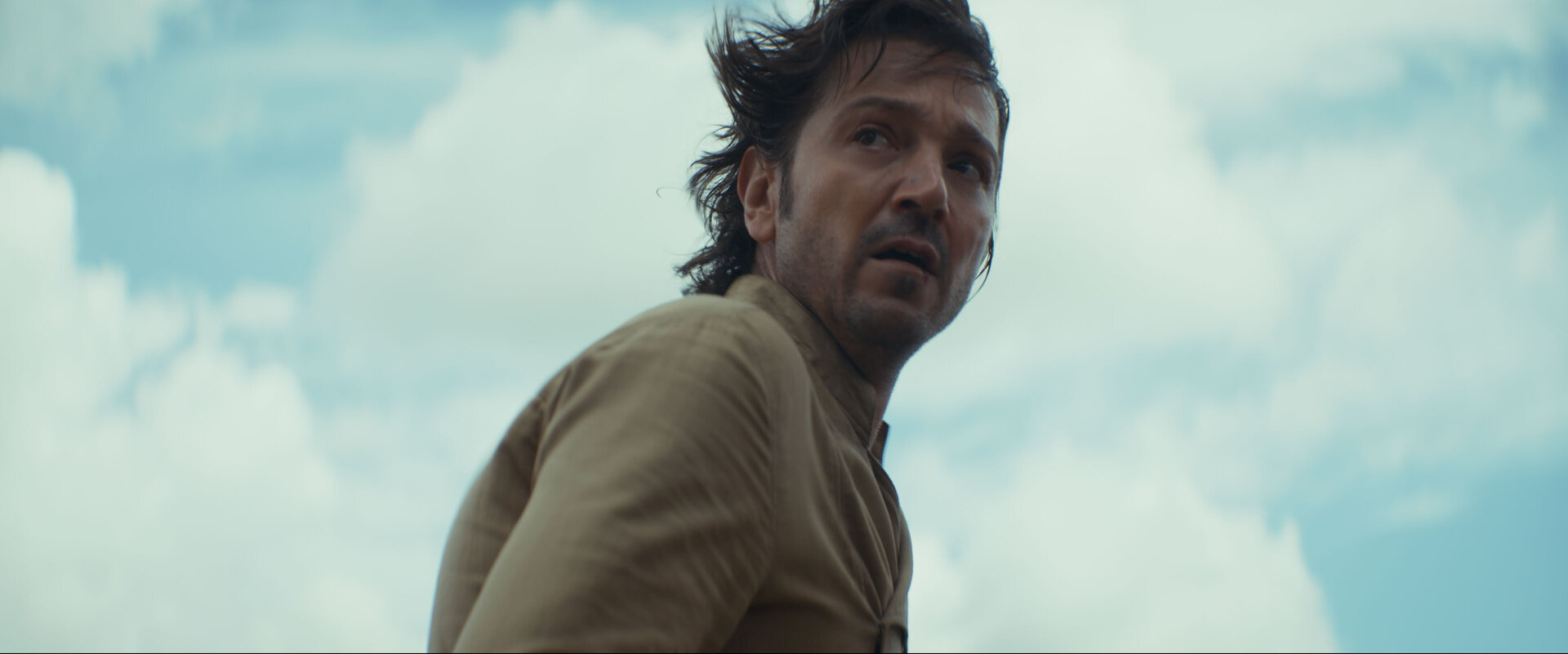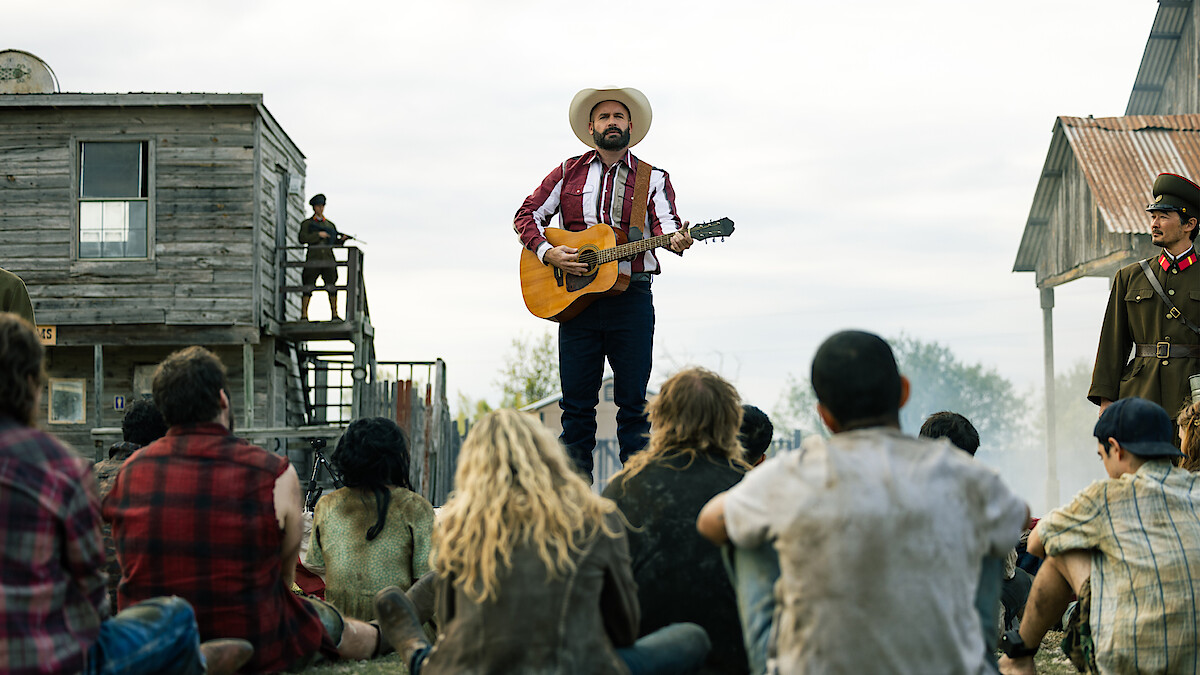Andor Season 2, Episodes 10-12 review: ‘The rebellion isn’t here anymore. It’s everywhere now.’
This post contains spoilers for Andor Season 2, now streaming on Disney+. Now that Andor has concluded the second and final season of this Star Wars prequel … The post Andor Season 2, Episodes 10-12 review: ‘The rebellion isn’t here anymore. It’s everywhere now.’ appeared first on BGR.


This post contains spoilers for Andor Season 2, now streaming on Disney+.
Now that Andor has concluded the second and final season of this Star Wars prequel to a prequel — the three-episode finale having wrapped up the origin story of Diego Luna's smuggler-turned-revolutionary — I think what's surprised me most about this magnificent Disney+ series is not that it managed to stick the landing.
Even knowing the big story beats that were likely to unfold, Andor's finale that doubles as a prelude to 2016's Rogue One still left fans like me absolutely gobsmacked. "I can’t cope with this ending," one Redditor raved post-finale. "It’s the best show on TV. End of story."
Indeed, from the heartbreak of that final wordless scene with Bix in the field (the details of which I won’t spoil), to Kleya’s explosive reveal as such a deft warfighter that her attackers mistake her for a squad of rebels as well as the rousing reprise of Nemik’s manifesto — with its gentle, devastating reminder that “even the smallest act of insurrection” nudges the Rebellion forward — the trio of closing episodes was television at its most profound and morally lucid.
All that said, what I didn’t necessarily expect when I started watching this season of Andor is the scorched-earth discourse left in the show’s wake.
I'm not talking here about the usual squabbles over canon or plot. Rather, the common refrain I've come across in Facebook and Reddit fan communities tends to be along the lines of: "F**k this group, I'm leaving." That one, in fact, was the very first post (verbatim!) that greeted me after joining an Andor fan group on Facebook. And the poster wrote it, not because someone dared to suggest that Season 2 was anything less than a triumph, but because Andor’s harrowing portrayal of authoritarianism has become a kind of ideological Rorschach test.
In other words, fans see in the Empire’s jackbooted cruelty the precise real-world harms they become convinced their political opponents might someday usher in, if given the chance. Which, I suppose, is actually a roundabout way of praising what Andor creator Tony Gilroy pulled off here. He didn’t just make a good Star Wars show, in other words; he made one that crackles with urgency. The fight it depicts isn’t some distant fable — it’s a reflection of the actual tensions we grapple with in our own time, refracted through the lens of blasters and galactic bureaucracy.

"In Andor," a recent headline in The Guardian declares, "the real world political parallels are impossible to ignore."
That resonance only sharpens in the season’s final arc, as the show strips away allegory and stares authoritarianism straight in the face.
In the final trilogy of episodes (10 through 12), we learn that Luthen Rael, the shadowy spymaster, was once an Imperial officer. His capture by the ISB prompts Kleya to euthanize him before he can break -- an act of loyalty that she carries out as a mercy killing. Cassian, along with Melshi and K-2SO, rescues Kleya and recovers critical intel about the Death Star, which he delivers to Mon Mothma and Bail Organa. With their mandate, he’s tasked with making contact with Tivik, setting the events of Rogue One into motion.
And then there’s Bix. She’s survived torture, survived the loss of herself, and is quietly raising Cassian’s child — a future he doesn’t yet know he has. That's what makes her final video goodbye message to him all the more heartbreaking: “We have to win. And when it’s over -- when we've won -- then we can do all the things we ever wanted.”
But the revolution may not leave space for an afterward. Andor closes with choices, not resolutions. Luthen is dead, and the Empire has begun the very escalation it blames on its enemies. Meanwhile, the still-embryonic Rebellion is led not by idealists but by people who’ve bled for too long to feel anything but grim clarity.
Over the course of its two seasons, Andor has given viewers a story about rebellion in which the heroes go about the everyday challenge of refusing to be complicit in tyranny. The show doesn’t mythologize resistance; it makes it human. And in doing so, it leaves behind not just the best and most radical Star Wars story ever told — but also one of the most essential portraits of political awakening in modern TV. It's hard to imagine Star Wars being this good ever again.
When the ISB's Dedra Meero finally confronts Luthen for the first time in Episode 10 after having chased him for the entirety of the series, Luthen defies her with some of the best lines in all of Andor. "You disgust me," Meero hisses at him. "Everything you stand for." To which Luthen confidently replies: "Freedom scares you."
And when Meero warns that the building they're standing in is surrounded, Luthen presses the point. "You're too late. The rebellion isn't here anymore. It's flown away. It's everywhere now. There's a whole galaxy out there waiting to disgust you."
The post Andor Season 2, Episodes 10-12 review: ‘The rebellion isn’t here anymore. It’s everywhere now.’ appeared first on BGR.
Today's Top Deals
- Today’s deals: $4 iPhone chargers, 51% off Beats Studio Pro ANC headphones, $80 Roku Ultra, more
- Today’s deals: $399 Mac mini, $289 Nintendo Switch OLED, $24 Red Bull 12-pack, $28 Amazon Echo Pop, more
- Best Apple deals for May 2025
- Today’s deals: $399 iPad mini 7th-Gen, $395 75-inch smart TV, $400 eufy Omni C20, Energizer batteries, more
Andor Season 2, Episodes 10-12 review: ‘The rebellion isn’t here anymore. It’s everywhere now.’ originally appeared on BGR.com on Wed, 14 May 2025 at 16:02:00 EDT. Please see our terms for use of feeds.








